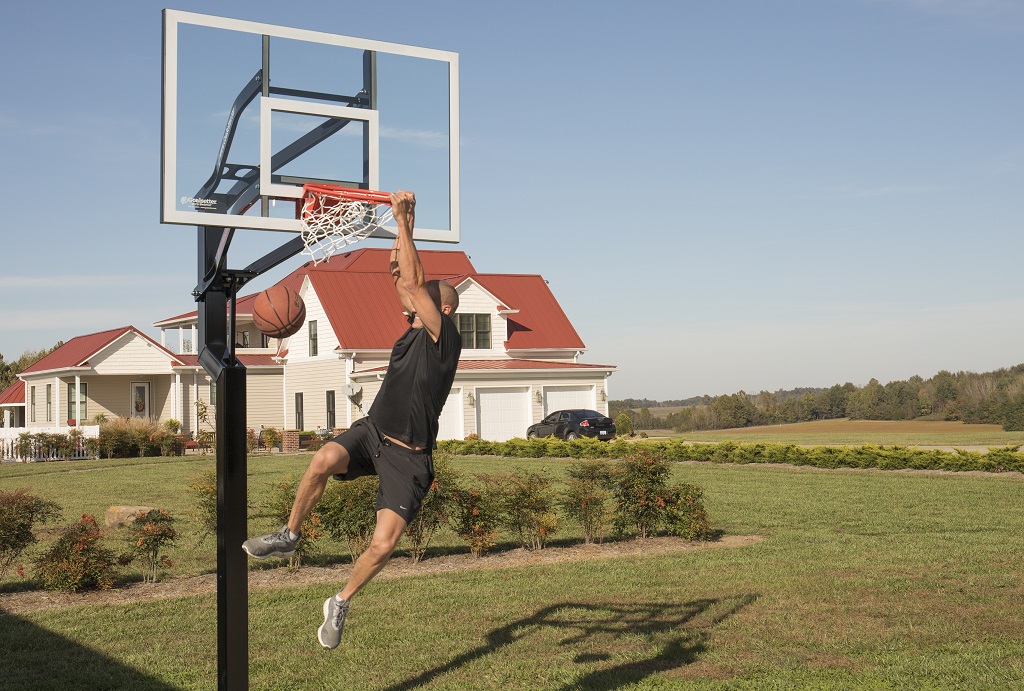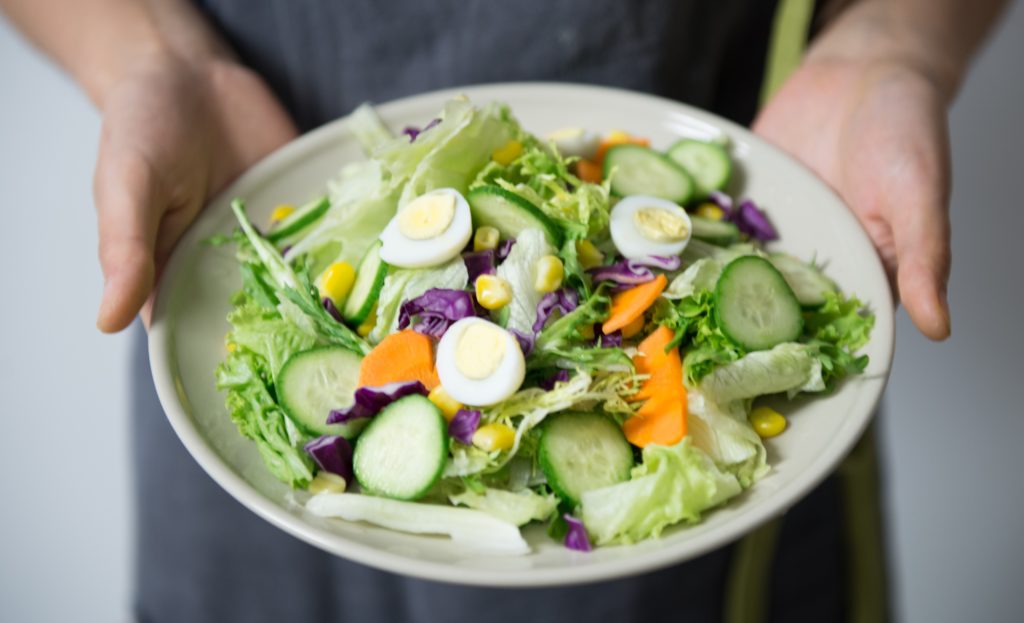
Several athletes, particularly in the professional basketball scene, are shifting their omnivorous eating habits to consuming plant-based diets. The reasons for this change may differ for each sportsperson, although some common grounds exist.
For instance, excessive red meat consumption may exacerbate inflammation. In turn, it can impair competitive performance and reduce athletic growth. On the other hand, focusing on a plant-based diet may provide anti-inflammatory effects that help prevent inflammation-related concerns.
Additionally, vegan athletes generally consume and reap more antioxidants than meat-eaters. These compounds help combat and neutralize free radicals, which may otherwise cause muscle fatigue and impaired muscle recovery.
Which NBA Players are Vegan?
It seems that the number of vegan NBA players is increasing over time. Some of the vegan basketball celebrities at the time of writing are:
1. Chris Paul
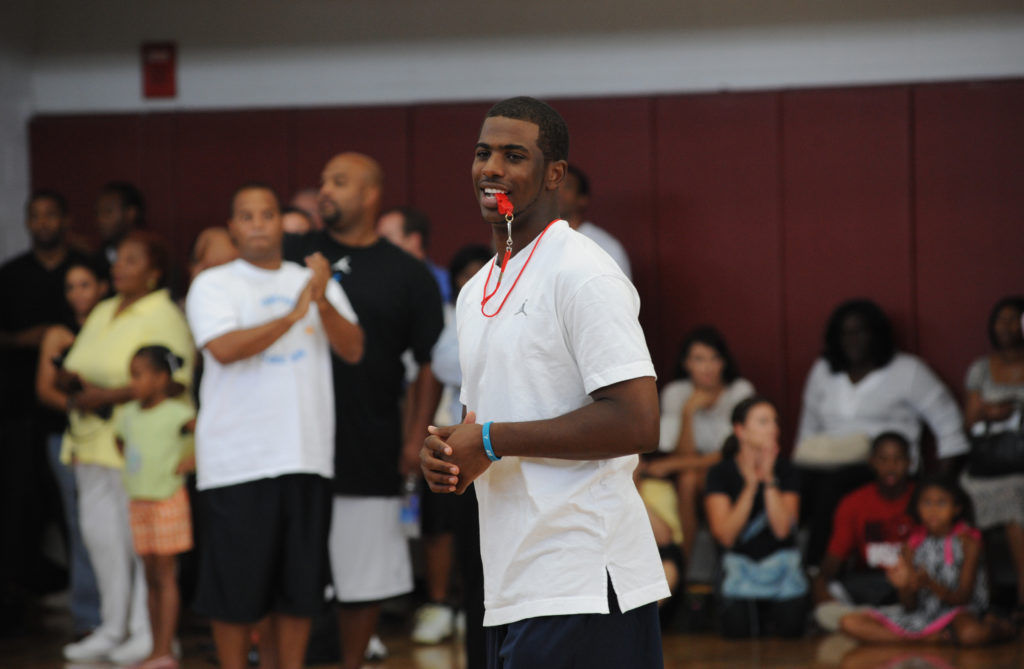
Christopher Emmanuel Paul, or Chris Paul for short, is the current point guard for the Phoenix Suns. Although his NBA career spans about 15 years, Paul is relatively new in the vegan scene.
He recently starred in a documentary called The Game Changers. Here, Paul talks about his usual meals. For breakfast, he eats oatmeal accompanied with plant-based milk and nut butter. As for his lunch, he enjoys pasta or brown rice mixed with grilled vegetables, curry sauce, and vegetarian meat substitutes.
The 35-year-old NBA player is removing meat and all animal-based products from his diet to help his body reduce inflammation. This lifestyle also allows him to keep up with other players half his age.
2. Kyrie Irving
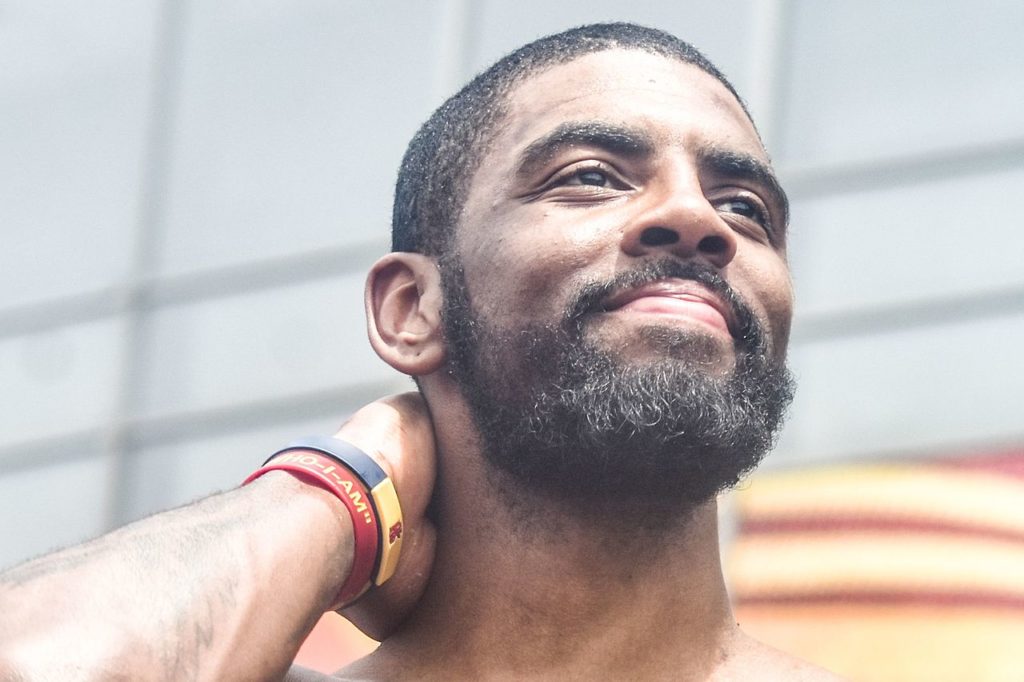
This point guard for the Brooklyn Nets swore off pork, beef, and other animal food products from his diet since the beginning of the 2017-18 season. Irving said in an interview with Tom Haberstroh of the Bleacher Report that he can credit his becoming vegan to the win column. The player also said that his diet has been “working out great so far,” and he doesn’t plan on changing anything regarding his eating habits soon.
In 2019, Irving even became the face for a digital ad campaign for Beyond Meat, a plant-based health food company. The company started sending this Brooklyn Nets point guard some samples after learning about the player’s diet switch.
3. Wilson Chandler
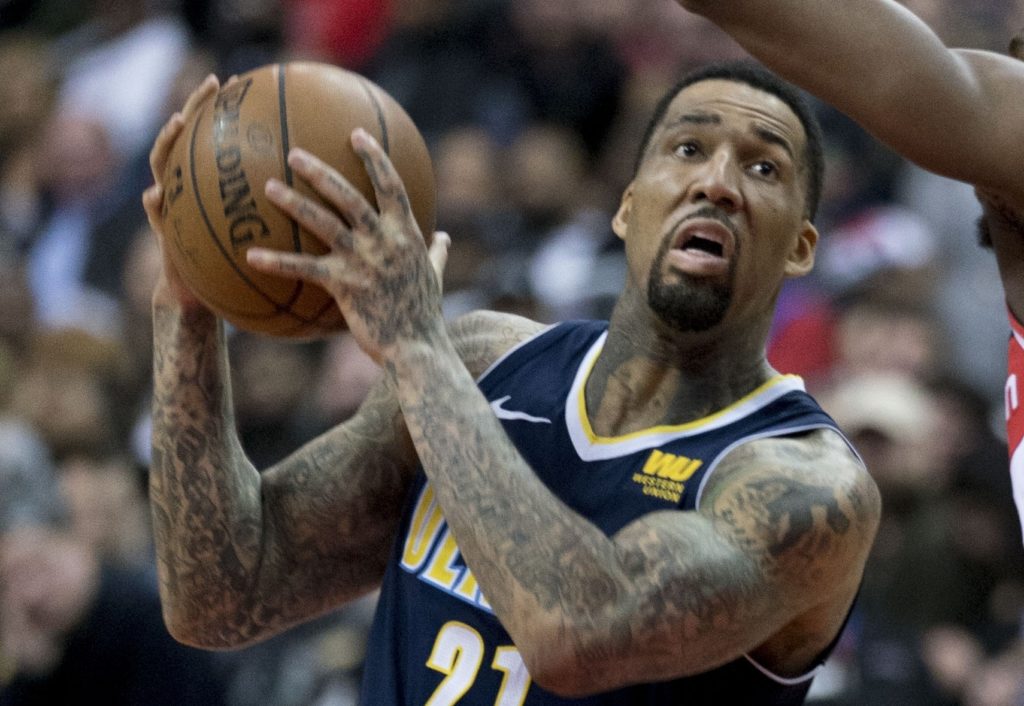
It seems that the Brooklyn Nets is refining more vegan players into the team’s roster as Wilson Chandler, the team’s power forward, looked to veganism to help his body heal from past sports injuries. During the 2015-16 season, Chandler suffered a hip injury. He was absent for the entire season, even after the small forward played 78 games during the prior season.
As Chandler grew tired of battling sports injuries, he approached veganism as a solution to his health concerns. The NBA player wasn’t too fond of changing his diet abruptly and drastically. But, he made the decision to pursue this new direction for his eating habit despite being an omnivore for most of his life.
A Business Insider report states that Chandler is “99% sure” he won’t go back to an omnivorous diet. Aside from becoming healthier than before, this NBA star averaged 15.7 points per game in the 2016-17 season. Despite the strong temptation to eat tacos, Chandler remains true to his healthy eating plans.
4. John Salley
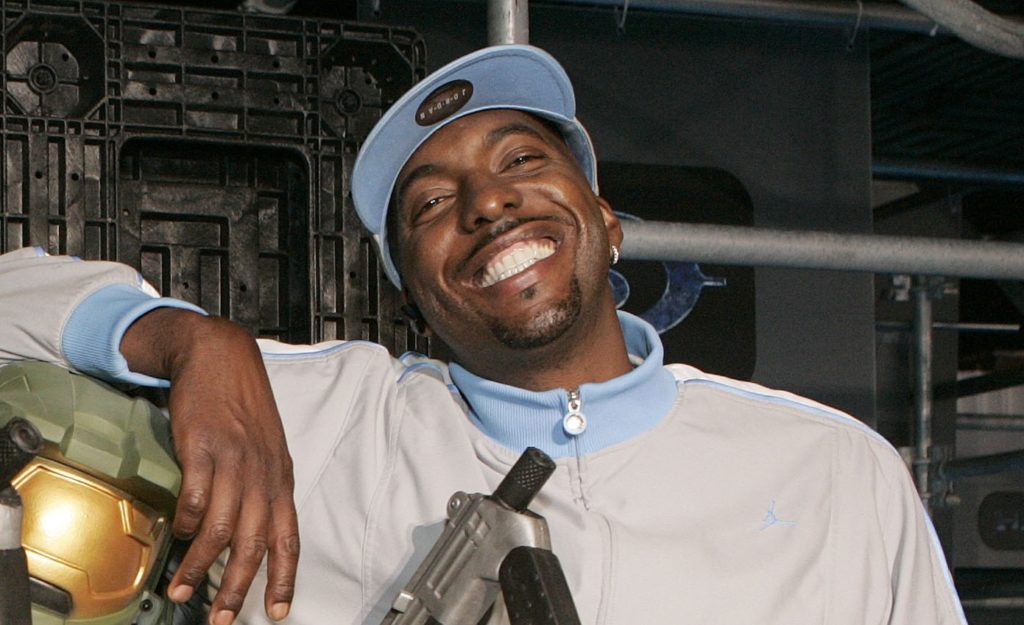
John Salley ended his NBA career in 2000, but it doesn’t mean he isn’t a basketball player at heart. He started his vegan journey by becoming a vegetarian back in the early 1990s. Although it was a rocky start, he soon found passion in eating plant-based foods.
Now that the 6’ 11’’ basketball player is a TV personality, he has been quite strict in eating mostly raw veggies. In a 2015 interview for the Center for Nutrition Studies, Salley says that oils, especially olive oil, is out of his diet. He also enjoys cooking vegetables slightly over 118 degrees Fahrenheit.
Salley also likes to get his point across about veganism by using humor. For instance, an interview for the series Awesome Vegans that he was talking to an 800-lb. gorilla about eating vegetables.
5. JaVale McGee

Javale McGee, a 6’ 11’’ Cleveland Cavaliers center (at the time of writing), is a strict vegan. McGee credits his excellent well-being to his plant-based diet.
According to a 2018 GO interview, this NBA player said he feels “really good, lighter.” He also stated his body seems to have more energy to spend throughout the day.
This vegan athlete also mentions that going vegan isn’t difficult. The results speak for themselves as McGee had a 12.0-point average in the 2018-19 season and 11.9 average points in the 2011-12 season.
Why do NBA Players Become Vegan?
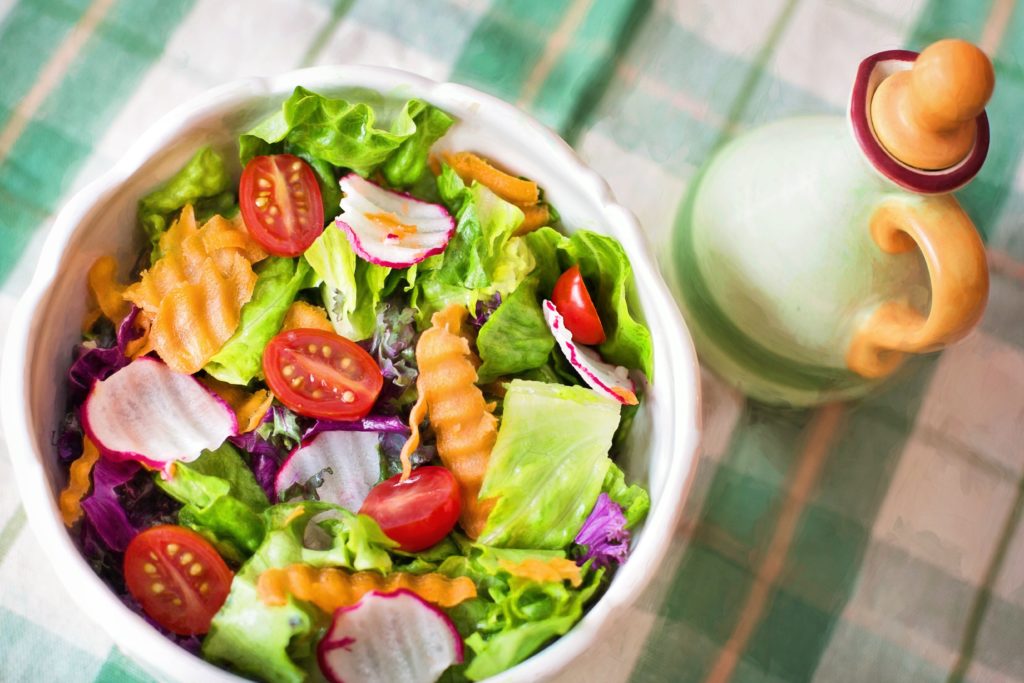
Different NBA players have different reasons for going vegan. Some would want to lead healthier lifestyles, whereas others might consider the diet direction to help the environment. Nonetheless, here are some possible reasons more NBA players are becoming vegan.
Promote Animal Welfare
Many NBA players identify themselves as animal lovers. Some of these athletes even keep animals as pets in their homes. However, it’s quite rare this love for animals extend to the livestock humans use for food.
Animal cruelty is still a glaring issue in the food production industry. Some people, including NBA superstars, value these lives as they protest against the harm brought upon these living beings. Although some respectable companies slay animals for food in a reasonably peaceful manner, some individuals would rather practice care for these beings by resisting all manner of animal food products.
Protect the Environment
Aside from caring for animal welfare, some NBA athletes may opt to practice and adhere to veganism to help protect the environment. It’s because animal food products generally require additional resources to produce. In turn, the operations may cause higher-than-average greenhouse gas emissions than developing plant-based foodstuffs.
For instance, according to a report from the Food and Agriculture Organization of the United Nations (FAO), researchers found that animal agriculture contributes to approximately 65% of nitrous oxide emissions in the globe. Further, the sector delivers about 35% to 40% of methane emissions and 9% of carbon dioxide emissions globally.
Athletes, including those in the NBA, know that protecting the environment should be a priority. Otherwise, the world might feel Mother Nature’s wrath by halting athletic events, including seasonal NBA games.
Reduced Risks of Cardiovascular Diseases
Some foods, particularly meat, might be rich in saturated and trans fat. Eating excessive amounts of these foodstuffs may increase blood cholesterol. Failure to rectify this concern may increase the risks of cardiovascular diseases, such as stroke, heart disease, and peripheral artery disease. NBA athletes aren’t impervious to cardiovascular diseases, and becoming affected by one may increase the likelihood of their careers to end.
By nature, plant-based foods don’t have dietary cholesterol. Therefore, consuming fruits, vegetables, and other non-meat or dairy products may reduce the chances of cardiovascular concerns to form.
A 2018 study from Cleveland Clinic investigated the effects of eating red meat. The researchers found that consuming red meat may increase heart disease risks by 1,000% than following a plant-based diet. Hence, NBA players who wish to stay fit and avoid getting winded in the middle of the match consider going vegan. As a bonus, these athletes may experience increased energy levels.
Improve Moods
Seeing that the opposing team has a 30-point lead can crush any NBA fan’s mood, especially for the participants playing the game. Sulking can lead to poor performance, which can increase the likelihood of poor performance on the court.
According to the Physicians Committee for Responsible Medicine (PCRM), it highlights a study wherein researchers looked at the eating habits and moods of over 3,400 people during a 5-year period. The results of the investigation concluded with positive findings that point to people eating plant foods had fewer depression symptoms.
An improved mood can be the ultimate weapon for a basketball player. It allows the athlete to stay focused on the game, despite being 30 points behind the opposing team. With a motivated mindset, teams may turn the tides of the match, allowing them to bask in the glory of an unexpected win.
Final Words
Kyrie Irving, John Salley, Wilson Chandler, Chris Paul, and JaVale McGee are among the growing number of vegan NBA players. These basketball athletes understand that their shift from being omnivores to following a strict plant-based food diet promotes more benefits than drawbacks. Some of these athletes turn to veganism because they want to care for animal welfare, protect the environment, or reduce the risks of certain diseases.
These NBA players adhering to vegan diets hope to inspire others to follow in their footsteps. Filling plates with whole foods instead of meat, dairy, or eggs may lead to positive results for the well-being of the human and animal kingdoms.





